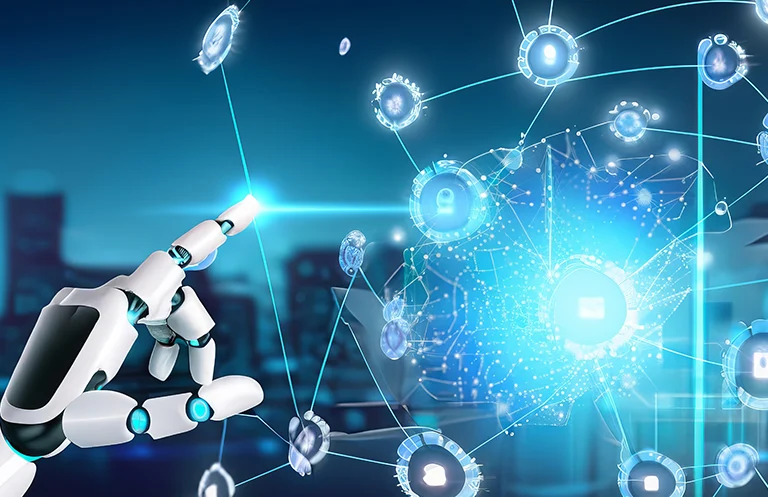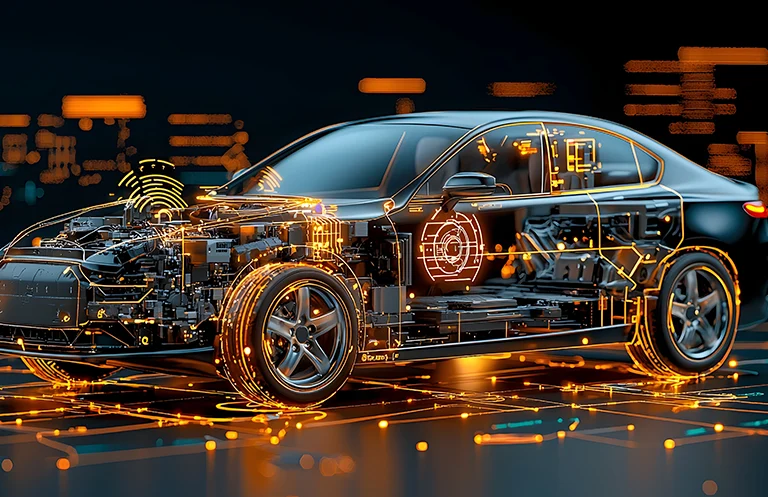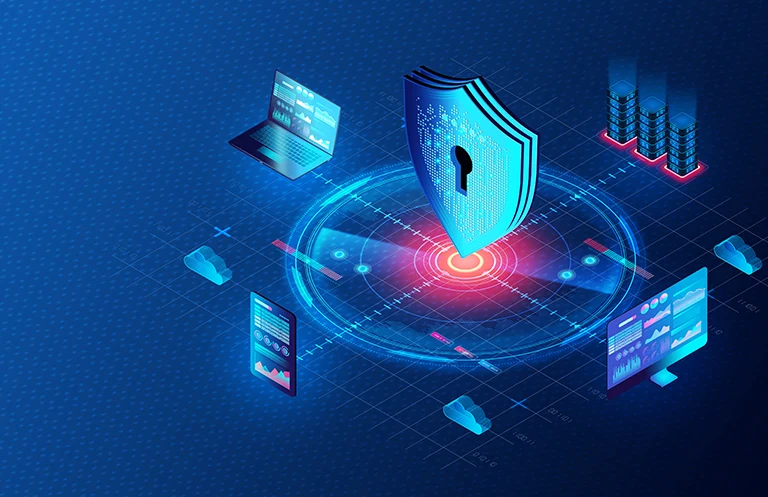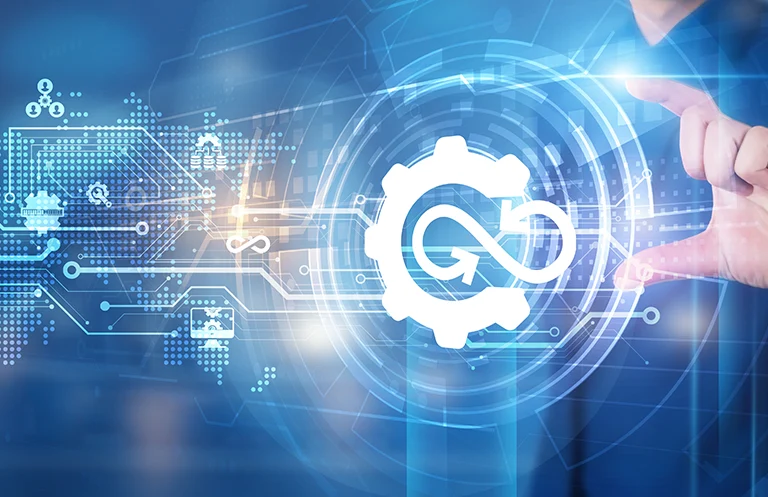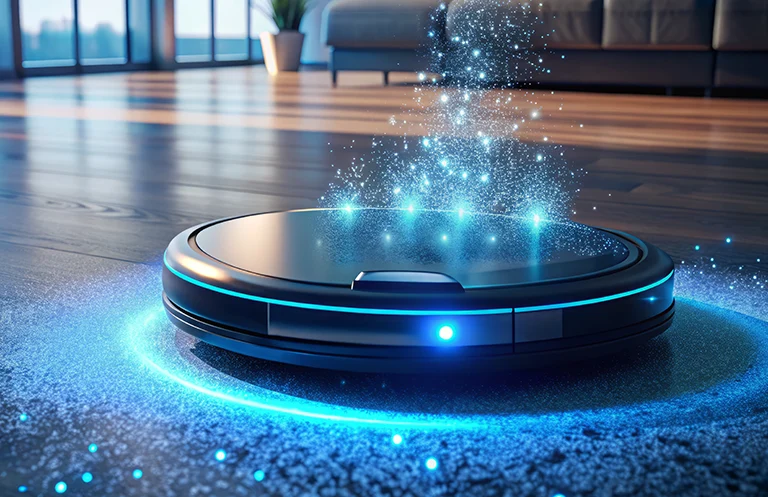Find out how IOT and Mobility address common concerns of healthcare industry and transform their daily operations.
A decade ago, when IoT was not widely prevalent, healthcare industry was using telemetry, a remote data acquisition technique for better patient care. However, with the advent of IoT and connected devices, the patient care facilities have taken a huge leap in terms of technological advancements since the healthcare industry has been a quick adopter of IoT technology and it is said to remain one of the highest IoT-enabled industries in the coming years.
According to the research by McKinsey on Internet of Things, healthcare IoT spending will reach nearly $1.6 trillion per year by 2025. As per Juniper research, the number of connected devices will reach over 46 billion by 2021.
On the other side, the scope of mobility solutions has grown with the faster adoption of smartphones. In fact, mobility has opened many doors to serve the healthcare industry better. International Data Corporation (IDC) forecasts that global healthcare firms will spend more than $30 billion on mobility solutions by 2019, representing a four-year CAGR of 7.2%. Apparently, many healthcare providers are adopting and using mobile devices and applications massively. Here are some interesting facts about the usage of mobility in healthcare by IDC:
Considering the above stats, it seems that IoT and mobility are the most promising technologies for patient care and hospital operations. Both IoT and mobility empower healthcare industry with connected devices and smart apps that are changing the landscape of healthcare industry.
Apart from these benefits, below are 5 ways IoT and Mobility address the common concerns of the healthcare industry and transform their daily operations:
1. Real-time Reporting and Remote Monitoring
Real-time monitoring via connected devices can turn out to be a life-saving operation in case of medical situations like heart failure, diabetes, ICU, etc. By implementing real-time monitoring, connected devices can collect medical and other required health data and use connectivity protocols to transfer collected data to doctors and other concerns. According to a study carried out by the Center of Connected Health Policy between Oct 2010 and Aug 2012 for heart failure patients, there was a 50% reduction in 30-day readmission rate due to remote patient monitoring.
Connected IoT devices collect and transfer health data like vital signs, blood pressure, sugar and oxygen levels, weight and electrocardiograms. These data even can be stored in the cloud that enables reporting anytime, anywhere, from any devices and to anyone, including doctors, care providers, patients, and consultants.
2. End-to-end connectivity for complete visibility and cost optimization
With the use of IoT, mobility and other modern technologies, healthcare facilities can automate patient care workflow. IoT facilitates interoperability, device-to-device communication, information, and data transfer that makes healthcare service delivery more impactful.
With the use of connectivity protocols like BLE, Wi-Fi, ZigBee, Z-wave and other modern day protocols, healthcare professionals can transform the way they diagnose illness and diseases in patients and can also change the ways of treatment.
Consequently, technology-driven setup brings down the cost, by cutting down unnecessary visits, utilizing better quality resources, and improving the allocation and planning.
3. Data collection and analysis
Collecting health-related data in real-time can be a tedious task if there is no connectivity. It is even difficult for healthcare providers to acquire data from multiple devices as well as sources and analyze it manually. However, in the IoT-enabled arrangement, devices can collect vital signs and other medical metrics on a real-time basis and simultaneously utilize the same. With cloud deployment, healthcare authorities can even view the reports about these data from any devices and connected smartphone applications, especially when these applications can also perform analysis and give insightful inputs.
Moreover, by implementing IoT in healthcare operations, organizations can get important healthcare analytics and data-driven insights that can help in decision-making function with minimal errors compared to human-centric approach.
4. Tracking and alerting
On-time alert is crucial in case of life-critical situations. IoT enables devices to collect important data and transfer that data to physicians or healthcare providers for real-time tracking, while mobility gives notifications to users about critical aspects via mobile apps and other connected devices. Reports and alerts give an insider’s view of a patient’s situation, regardless of location and time. It also helps in taking informed decisions and providing on-time treatment.
Thus, IoT and mobility help with real-time alerting, tracking, and monitoring, which leads to proactive treatments, improved accuracy, timely intervention by physicians and improve overall patient care delivery outcomes.
5. Remote Consulting
In the case of emergency, patients can connect with a doctor who is miles away via smart mobile apps. With mobility-enabled healthcare solutions, the doctors can immediately consult the patients and diagnose the diseases on-the-go. Also, several healthcare delivery chains that are planning to develop machines that can dispense drugs based on patient’s prescription and disease-related data available via connected devices.
This is how, IoT and mobility can improve patient care operations as well as provide entirely new possibilities to serve patients anytime, anywhere.
Summing up
IoT and mobility solutions are changing the way the services are delivered in the healthcare industry. These technologies improve the outcome, creating a larger impact by summing up small changes.
In the traditional healthcare era, everything was almost manual. Monitoring devices were there but were not connected to the internet and it was a human task to look after patient metrics. But now the tables have turned, and we have got machines and technologies that work for us and eventually, they are making patient care activities easy and effective, transforming the entire healthcare operations.
eInfochips has a sound expertise, result-driven exposure, and experience in providing IoT and Mobility solutions for the healthcare industry. It has delivered many healthcare and medical device solutions to leading healthcare enterprises for addressing their security, analytics, reporting and collaboration requirements.
Looking for assistance to deploy IoT or Mobility in your healthcare operations? Get in touch with us.


